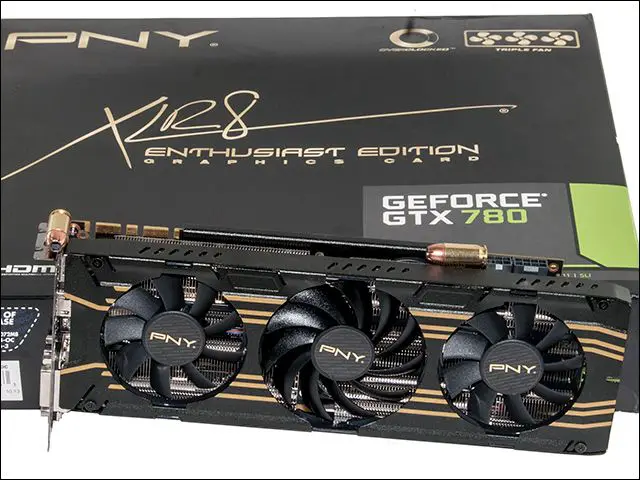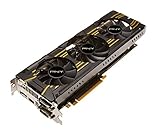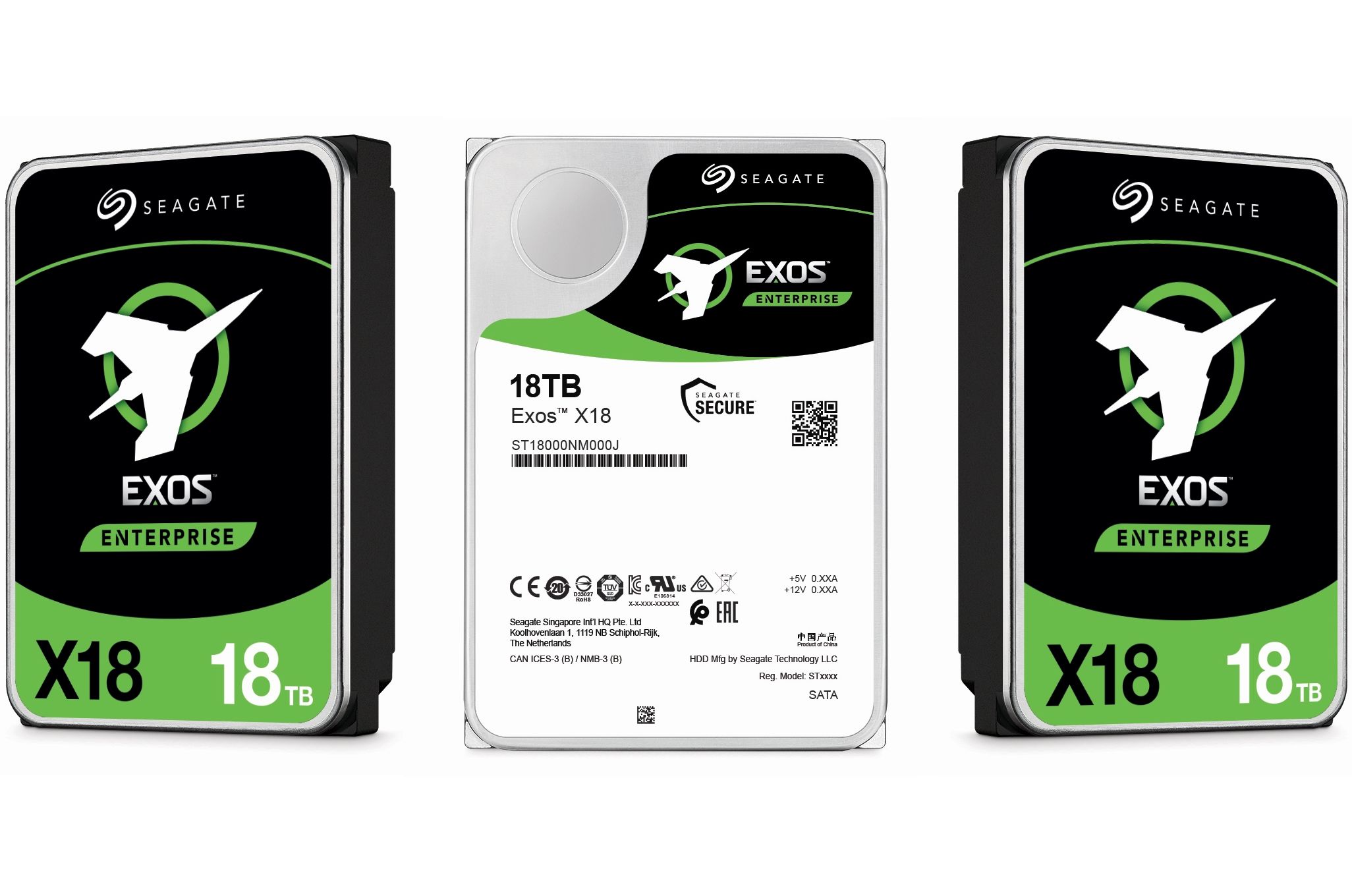Synthetic Game Benchmarks
In the Synthetic Gaming Benchmarks section we will show a number of benchmark comparisons of PNY GeForce GTX 780 XLR8 OC and other comparable GPUs, using various benchmarks which come included with five popular modern PC games. This will illustrate how much performance the XX has to offer. To ensure that long term performance is and not short term performance is illustrated 15 minutes of Unigine’s Valley benchmark was run to ‘warm up’ the video card. Only then were any tests run on the now warm video card.
Sleeping Dogs Gaming Benchmark
Sleeping Dogs is an open world action-adventure video game developed by United Front Games in conjunction with Square Enix London Studios and published by Square Enix, released on August 2012. Sleeping Dogs has a benchmark component to it that mimics game play and an average of four runs was taken.
The settings used in the testing below are the Extreme display settings and a resolution of 2560×1440 and 1920×1080. World density is set to extreme, Vsync disabled, high-res textures are enabled, and shadow resolution, shadow filtering, screen space ambient occlusion, and quality motion blur are all set to high.


Depending on the resolution you prefer for gaming you will see an approximate 16-18% increase in average performance compared to a pure vanilla GeForce GTX 780 and only lose about 3-4 percent compared to a full blown GeForce GTX 780Ti. While this is rather impressive this is on the average frame rate performance and averages only tell half the story. At the all-important minimum frame rate no single card will hit 30frames per second at 1440P unless you to turn the settings down from ‘Extreme’; however by opting for this massively factory overclocked XLR8 OC you will be gaining nearly 4 frames per second over a reference 780 and only losing a about a half a frame per second compared to a 780Ti. That is awfully good performance and we doubt anyone would notice half a frame in real world gaming.
At 1080P the differences between this 780 XLR8 OC and a reference 780Ti are a touch more pronounced; but once again a difference of less than 2FPS on the minimum performance results is not enough to justify the added $150 price premium.











